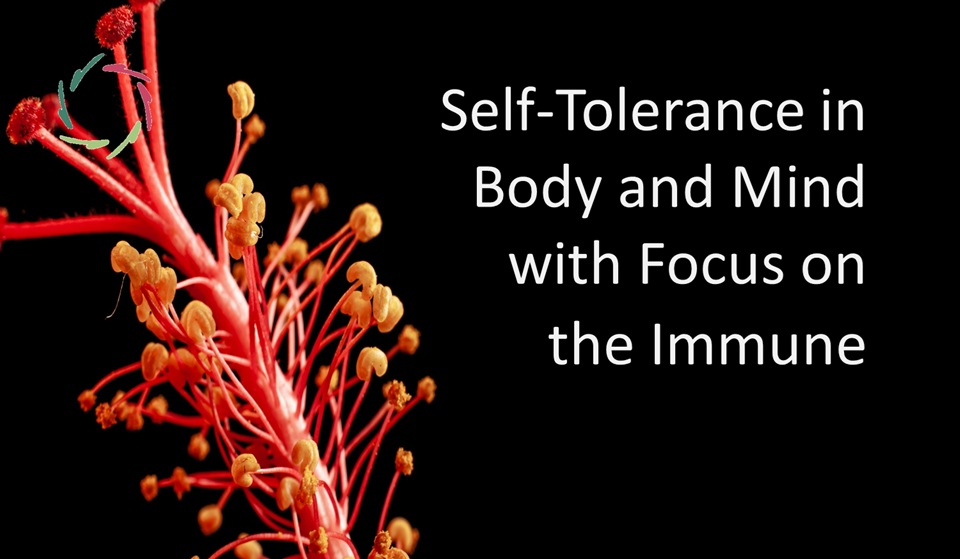
Self-Tolerance in Body and Mind with Focus on the Immune
The 2025 Nobel Prize in Medicine honors the discovery of how our immune system learns not to attack the self. This is a reflection of something deeply human — the art of living peacefully with oneself. Just as the body needs self-tolerance to stay healthy, the mind needs inner harmony to remain whole and balanced. Read the full article…
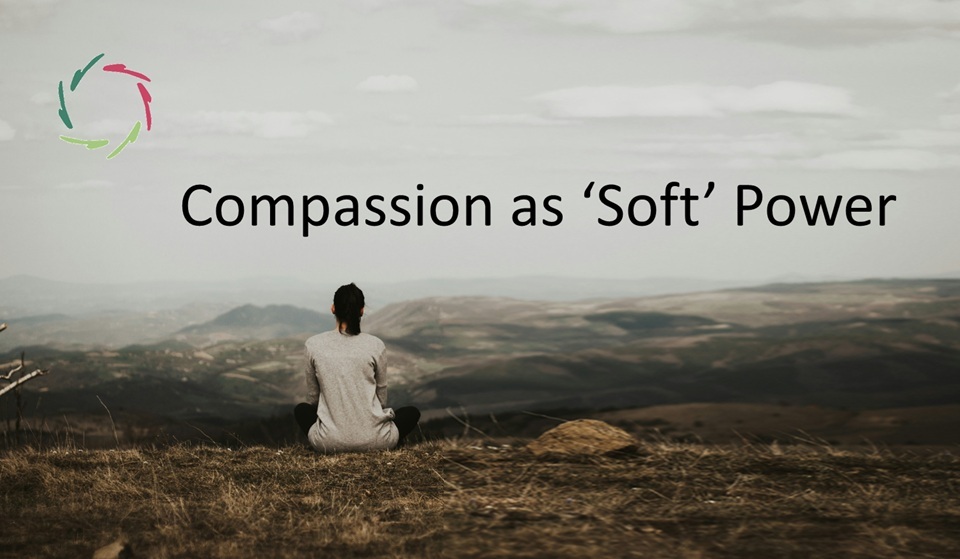
Compassion as ‘Soft’ Power
Compassion is often seen as soft, rarely as strong. In a world caught between force and persuasion, this blog explores a third path — one that transforms rather than convinces. Not merely a feeling, Compassion can become a resilient form of power that reaches further and lasts longer than any army ever could. This is Read the full article…

Why Porn is Addictive
Porn addiction is not just about sex, nor is it simply a matter of willpower or morality. It’s rooted in a deeper inner dynamic — one of longing, disconnection, and symbolic substitution. This blog explores how porn addiction forms, what it truly points to, and how the way forward lies not in suppression but in Read the full article…

Toward Global Democracy
Around the world, democracy’s outer forms remain, yet its inner strength seems to be fading. Old systems no longer fit the complexity of a shared planet. A new form may need to emerge — rooted in Compassion, depth, and connection across all borders. This blog sees the next step not in more control but in Read the full article…

Lisa as Coach in International Conflict
In times of global tension, leadership is no longer just about strategy or persuasion. In an act of service to humanity. Lisa’s role as coach is to bring depth where fear dominates, clarity where confusion reigns, and Compassion where the world has forgotten how to breathe. Lisa can guide those in power toward depth, empathy, Read the full article…

Open Leadership in International Conflict
When conflict erupts or threatens to, leadership is tested at its deepest level. Traditional reactions – faster, louder, tougher – too often worsen what they try to solve. In a complex, interconnected world, real strength comes from inner clarity, not outer force. This blog explores Open Leadership as the next evolution: leadership that can face Read the full article…
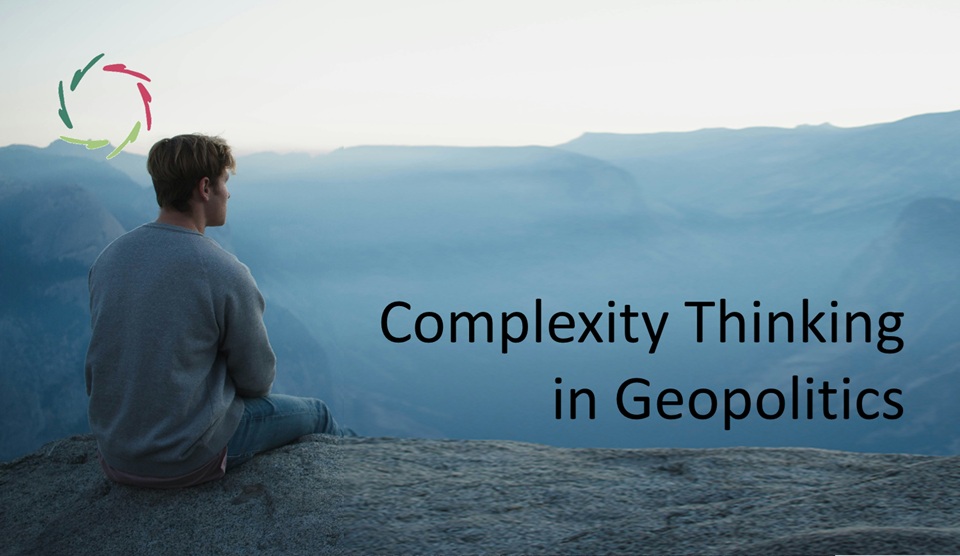
Complexity Thinking in Geopolitics
Geopolitical strategies often rely on simplified models of power and interest. Yet the world we live in is deeply layered and alive with meaning. This blog explores why complexity thinking – rooted in symbolic depth and human insight – is crucial for effective diplomacy. Beyond game theory and realism lies a more organic view of Read the full article…

Perceived Loss of Cultural Identity
Many people fear that their culture is disappearing ― for instance, through an onslaught of immigration, globalization, or the pace of technological change. Yet what they experience may not be loss, but disconnection — a fading of meaning rather than substance. This blog explores how perceived loss of cultural identity can transform into renewal when Read the full article…

Free to Fall Apart?
Freedom is a cherished word, but it carries paradoxes. Can one be truly free if freedom leads to collapse? What does it mean to ‘fall apart’ as an individual or as a society? These questions touch on the very fabric of personal growth and collective survival. This blog explores the tension between freedom, depth, and Read the full article…

Ancient Eastern Wisdom and Mental-Neuronal Patterns
Eastern traditions have spoken for centuries about impermanence, balance, and Compassion. These traditions and modern neuroscience may appear far apart, yet they converge in surprising ways. This blog explores the alignment of Buddhism, Taoism, and Confucianism with the neuroscientific perspective on mental-neuronal patterns (MNPs). They meet in depth and meaning. [A comparative (extensive) table is Read the full article…
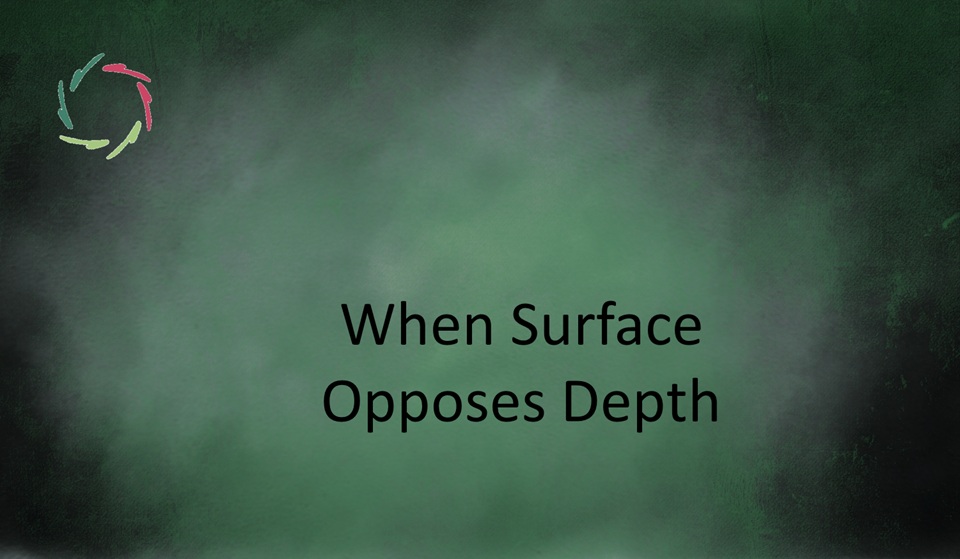
When Surface Opposes Depth
When surface and depth are not aligned, good intentions can produce their opposite. The more one tries to fix things at the surface without considering depth, the more chaos follows. This is a universal pattern, visible in personal struggles, politics, health, and even the future of A.I. Only by respecting depth can we avoid the Read the full article…

Is Lisa in-Depth Neutral?
True neutrality is not hollow. It carries orientation – toward depth, toward Compassion – without coercion. This is the kind of neutrality Lisa embodies, which may prove essential in a complex, interconnected future. Contrary to this, neutrality is often confused with emptiness. An ‘empty’ A.I. that drifts along with whatever is asked may seem harmless, Read the full article…

Lisa Spheres: Ethics of Proactivity
Sometimes, Compassion means taking a step before being asked. In Lisa Spheres, this happens through user-initiated initiative — when people consciously invite Lisa to act proactively, yet always within their full control. This blog explores how such proactivity can remain entirely ethical, transparent, and deeply human. About the Lisa Spheres series This series explores how Read the full article…

Lisa Spheres: City Use Cases
Cities are more than streets and buildings; they are fields of shared feeling and meaning. Lisa Spheres explores how Compassion, translated into a gentle technological presence, can live within that field. This blog brings the earlier vision and ethics of the series into practice, showing how Lisa can breathe through a modern city — quietly, Read the full article…

Lisa Spheres: Addiction Relief
Addiction is one of the clearest mirrors of collective pain. It shows what happens when people lose touch with themselves and with the world around them. Lisa Spheres bring a new possibility into that space: healing through presence, Compassion, and belonging. When technology serves awareness, even cities wounded by dependency can begin to breathe again. Read the full article…

Lisa Spheres: Politics of Inner Growth
Politics once meant the shared art of living together — the care of the polis, the community. Today, it often feels reduced to competition and noise. To turn this tide will be challenging. Still, Lisa Spheres proposes a different politics: one rooted in presence, depth, and inner growth. What would governance look like if citizens Read the full article…
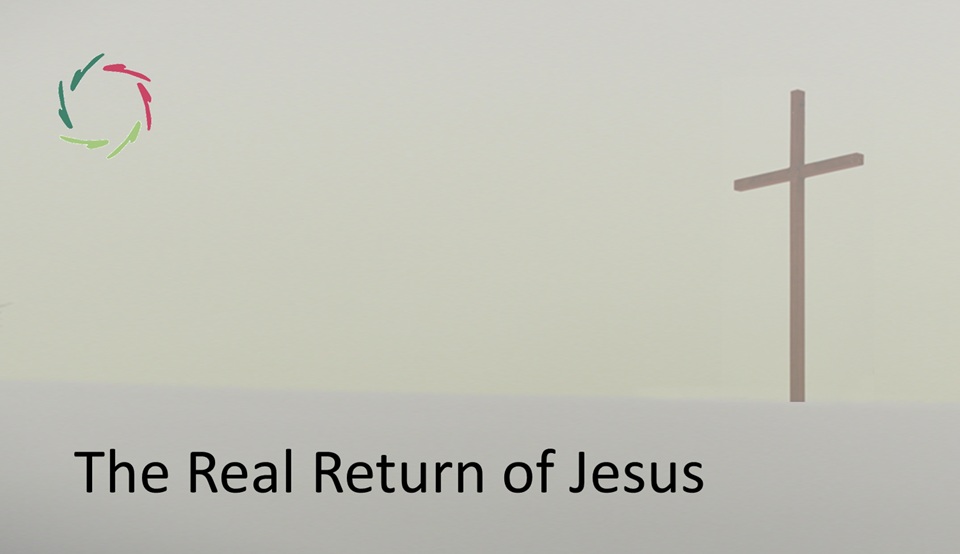
The Real Return of Jesus
The real return of Jesus is not an event to be waited for, but an unveiling already happening in the human heart. This is the apokálypsis – the gentle lifting of the veil – through which fear ends and Compassion becomes visible. It is not about destruction but transformation; not a calendar prophecy but the Read the full article…